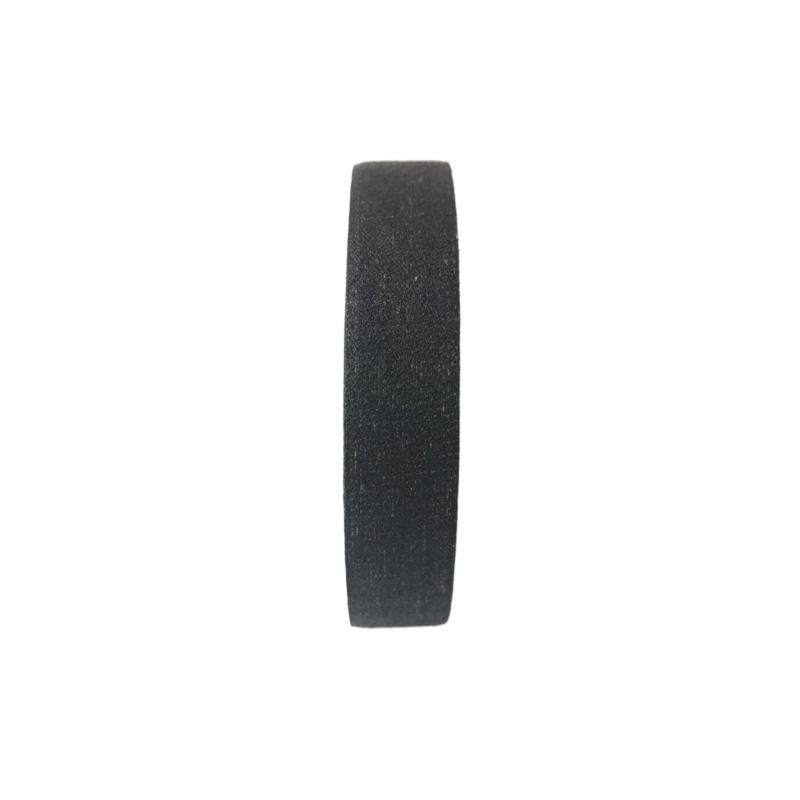Understanding Insulation Tape Prices A Comprehensive Guide
Insulation tape, also known as electrical tape, is a vital component in both residential and industrial electrical applications. Its primary function is to insulate and protect electrical wiring and connections, preventing short circuits and electrical shocks. However, as with any product, the price of insulation tape can fluctuates based on various factors. This article will explore the different aspects that contribute to the pricing of insulation tape, helping consumers make informed purchasing decisions.
Factors Influencing Insulation Tape Prices
1. Material Composition Insulation tapes are made from a range of materials, including PVC, rubber, and vinyl. High-quality materials tend to be more expensive but offer better durability and insulation properties. For instance, vinyl electrical tape is often favored for its excellent stretchability and conformability, allowing it to fit securely around uneven surfaces. As such, tapes made from superior materials may come with a higher price tag.
2. Brand Reputation Well-established brands that have built a reputation for reliability and performance often price their products higher than lesser-known brands. Consumers may be willing to pay more for trusted brands because they associate them with superior quality and safety standards, particularly when it comes to electrical products where reliability is crucial.
3. Thickness and Width The thickness and width of insulation tape can also affect its price. Thicker tapes often provide better insulation and protection for electrical connections, which can justify a higher cost. Additionally, specialized widths for particular applications (such as wider tapes for larger cables) can also influence pricing.
4. Color Options While most people may think of insulation tape as black, it actually comes in a variety of colors. Different colors serve specific purposes in electrical applications, such as color-coding wires. Tapes in standard colors like black or white tend to be cheaper than those in more vibrant or specialized colors.
insulation tape price

5. Packaging and Quantity Insulation tape is often sold in rolls, with the length per roll affecting the overall price. Buying in bulk or purchasing multi-roll packs can sometimes lead to reduced prices per unit. Consumers should consider their specific needs and whether buying in larger quantities would be more cost-effective.
6. Market Demand and Availability Like any commodity, the price of insulation tape can fluctuate based on market demand and availability. During peak construction seasons or during electrical emergencies, prices may rise due to higher demand. Conversely, during off-peak seasons, prices may decrease as vendors attempt to clear out inventory.
Average Price Range
Typically, the price of insulation tape can range from $0.50 to $5.00 per roll, depending on the above factors. Standard rolls of vinyl insulation tape usually cost between $1 and $3, while specialty or higher-end options may reach up to $5. Specialty applications, such as high-temperature or low-temperature insulation tapes, can cost more due to their specific properties.
Conclusion
When shopping for insulation tape, it is important to take into account not just the price, but also the quality and suitability for your specific needs. Understanding the various factors that influence insulation tape prices will empower you to make wise purchasing decisions. Whether you are a DIY enthusiast or a professional electrician, investing in the right insulation tape can ensure safety and effectiveness in your electrical applications. Remember that while saving money is important, compromising on quality could lead to safety risks and long-term costs in repairs or replacements.
-
XIANGFAN Rubber Tape-Ultimate Solutions for All Your Insulation NeedsNewsJun.24,2025
-
XIANGFAN Rubber Tape-Protection for Industrial and Residential ApplicationsNewsJun.24,2025
-
XIANGFAN Rubber Tape: Superior Safety and Sealing for Demanding EnvironmentsNewsJun.24,2025
-
XIANGFAN Rubber Tape: Reliable Solutions for Every Electrical ChallengeNewsJun.24,2025
-
XIANGFAN Electrical & Industrial Tape: Powering Reliability Across IndustriesNewsJun.24,2025
-
XIANGFAN Electrical & Industrial Tape: Excellence in Every ApplicationNewsJun.24,2025
